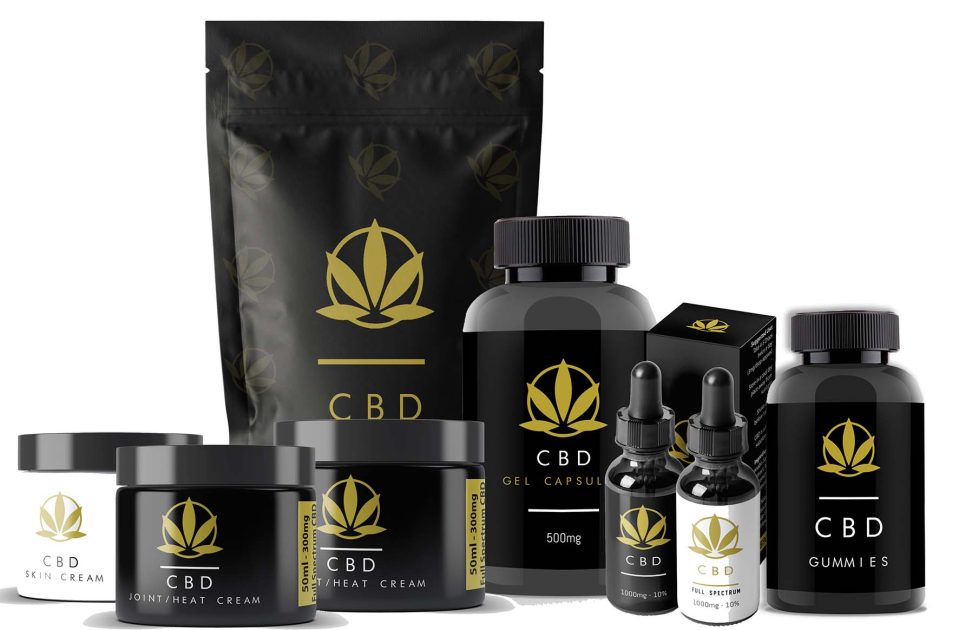Understanding the CBD Market in the UK

The CBD (cannabidiol) market in the UK has experienced remarkable growth over the past few years, fueled by increasing consumer awareness and interest in the potential health benefits of CBD products. With various options available—from oils and capsules to edibles and topicals—navigating the CBD UK market can be overwhelming. This article aims to provide a comprehensive understanding of the CBD market in the UK, including its legal landscape, product types, consumer trends, and future outlook.
The Rise of CBD in the UK
Historical Context
The history of cannabis in the UK dates back centuries, but it wasn’t until recent years that CBD gained popularity. In 2018, the UK government legalised the use of CBD derived from hemp, allowing products containing less than 0.2% THC (the psychoactive component of cannabis) to be sold legally. This pivotal moment opened the floodgates for a burgeoning market, leading to the widespread availability of CBD products in health stores, online retailers, and even pharmacies.
The Growing Demand for CBD
Several factors contribute to the increasing demand for CBD in the UK:
- Health and Wellness Trends: As more individuals seek natural remedies for health issues such as anxiety, stress, and chronic pain, CBD has emerged as a popular option. Many consumers view CBD as a holistic approach to wellness, often using it alongside traditional treatments.
- Research and Education: The growing body of research highlighting the potential benefits of CBD has helped to demystify the compound. As studies continue to explore its therapeutic effects, consumers are becoming more informed about its uses and advantages.
- Influencer and Celebrity Endorsements: High-profile endorsements and social media influence have played a significant role in shaping public perception of CBD. Many celebrities have publicly advocated for the use of CBD, further driving interest and sales.
Legal Landscape of CBD in the UK
Current Regulations
Understanding the legal framework surrounding CBD is crucial for both consumers and businesses. Here are key points regarding CBD regulations in the UK:
- Legality: CBD products are legal in the UK as long as they are derived from hemp and contain less than 0.2% THC. This regulation aligns with the European Union’s standards for hemp-derived products.
- Novel Food Status: In 2019, the UK Food Standards Agency (FSA) classified CBD as a “novel food.” This classification requires all CBD products to undergo a safety assessment before they can be sold. Businesses must submit applications to the FSA, providing detailed information about their products.
- Quality Control: To ensure consumer safety, the FSA has set guidelines for the production and sale of CBD products. Companies must adhere to Good Manufacturing Practices (GMP) and provide third-party lab testing results to confirm the quality and potency of their products.
Challenges in the Legal Landscape
Despite the progress made in legalising CBD, challenges remain:
- Regulatory Compliance: Many businesses struggle to navigate the regulatory landscape, particularly concerning the novel food status. Ensuring compliance with FSA requirements can be resource-intensive, especially for small businesses.
- Misinformation: The CBD market has been plagued by misinformation, with some products making unverified claims about their benefits. This has led to concerns about consumer safety and the need for better regulation and oversight.
- Market Saturation: As the market grows, consumers may face challenges in identifying high-quality products. The influx of brands and products can create confusion and make it difficult for consumers to choose trustworthy options.
Types of CBD Products in the UK
The CBD market offers a diverse range of products catering to various consumer preferences. Here are some of the most common types:
CBD Oil
CBD oil is one of the most popular forms of CBD. It comes in various concentrations and can be taken sublingually (under the tongue) for fast absorption. CBD oil can also be added to food or beverages.
CBD Capsules
CBD capsules offer a convenient way to consume CBD with pre-measured doses. They are tasteless and easy to swallow, making them suitable for those who dislike the flavor of oils.
CBD Edibles
CBD-infused edibles, such as gummies and chocolates, have gained popularity due to their delicious flavors and discreet consumption. They provide a fun and enjoyable way to incorporate CBD into your routine.
CBD Topicals
CBD topicals include creams, balms, and lotions that can be applied directly to the skin. These products are often used for localized relief, such as sore muscles or joint pain.
CBD Vapes
Vaping CBD allows for quick absorption and can be an appealing option for those who prefer inhalation methods. However, concerns about the safety of vaping products have led some consumers to choose alternative methods.
Consumer Trends in the CBD Market
Increasing Awareness and Education
As consumers become more informed about CBD, they are actively seeking reliable information regarding its benefits and uses. Educational content, such as articles and videos, plays a significant role in helping consumers make informed choices.
Preference for Quality and Transparency
UK consumers are increasingly prioritizing quality and transparency in their CBD products. Many individuals actively research brands, looking for third-party lab testing results, ingredient sourcing, and manufacturing practices before making a purchase.
Personalized Wellness Approaches
Consumers are moving towards personalized wellness solutions, often seeking CBD products tailored to their specific needs. This trend has led to a rise in brands offering specialized formulations targeting conditions such as anxiety, sleep issues, and chronic pain.
Sustainability and Ethical Practices
Sustainability is becoming a crucial factor in consumer decision-making. Many consumers are looking for CBD brands that prioritize environmentally friendly practices, such as sustainable sourcing and packaging.
The Future of the CBD Market in the UK
Market Growth Projections
The CBD market in the UK is expected to continue its growth trajectory, with projections indicating substantial increases in market size and consumer adoption. As awareness spreads and regulations become clearer, more consumers are likely to explore CBD products.
Innovation in Product Development
Innovation is a key driver in the CBD market. Brands are continually developing new products and formulations to meet consumer demands. Expect to see an increase in unique product offerings, including CBD-infused beverages, cosmetics, and food items.
Evolving Regulations
As the CBD UK market matures, regulations are likely to evolve. The FSA may implement further guidelines and standards to enhance product safety and quality, benefiting both consumers and reputable businesses.
Continued Research and Development
Ongoing research into the benefits and applications of CBD will shape the future of the market. As more scientific studies emerge, consumers can expect more credible information about CBD’s potential health benefits, leading to informed choices and better products.
Conclusion
The CBD market in the UK has come a long way since its legalisation in 2018, evolving into a dynamic and rapidly growing sector. With a diverse range of products available, increasing consumer awareness, and a clearer regulatory framework, the future of the CBD market looks promising.
However, challenges such as misinformation and regulatory compliance remain. Consumers must remain vigilant, prioritising quality and transparency when choosing CBD products. As the market continues to evolve, it is essential for consumers to stay informed and adapt to new developments in the world of CBD.
Whether you’re a seasoned user or new to CBD, understanding the landscape of this market will empower you to make the best choices for your health and wellness journey.




